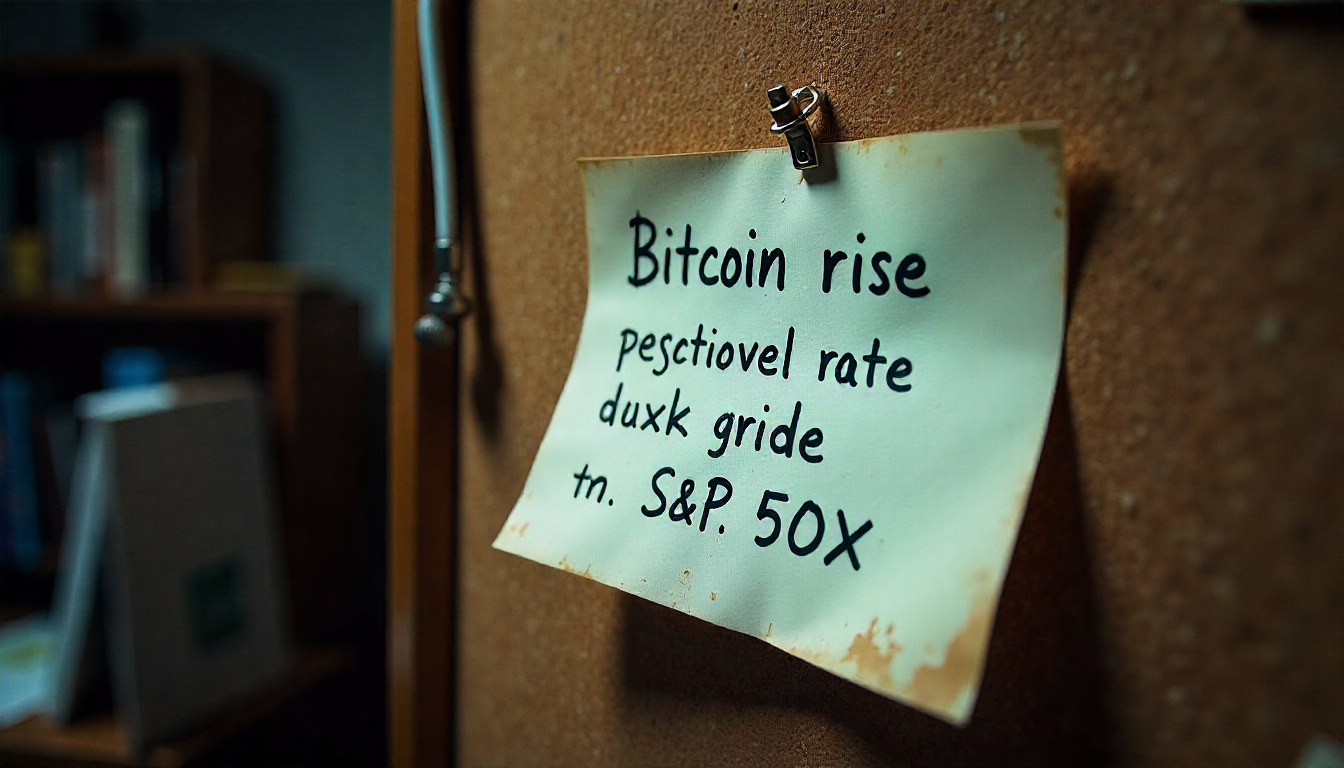Bitcoin Stands Strong as U.S. Dollar Dips: A Lesson From Turkey’s Currency Crisis
As the U.S. dollar tumbles to three-year lows and Wall Street suffers losses, Bitcoin (BTC) has shown remarkable resilience, a sign that it may be evolving into a true safe-haven asset. Trading near $87,000, Bitcoin has gained 2% in the past 24 hours, which could signal the start of its rise as a store of value in uncertain times.
The shift away from traditional fiat currencies like the USD and towards assets that are resistant to government interference, such as Bitcoin and stablecoins, may accelerate if President Donald Trump follows through with his reported plan to remove Federal Reserve Chairman Jerome Powell. This has already contributed to a decline in the U.S. Dollar Index (DXY) and further pressured U.S. stock markets.
Turkey’s currency collapse serves as a cautionary tale for the U.S. In recent years, Turkey’s President Recep Tayyip Erdogan’s repeated meddling with the central bank has led to the dramatic depreciation of the Turkish lira (TRY), forcing capital to flow into Bitcoin and stablecoins. Since 2020, many Turkish investors have used crypto assets as a hedge against the weakening lira.
Trump’s Conflict With the Fed
President Trump has long criticized the Federal Reserve, especially its chairman, Jerome Powell, for not acting swiftly enough on rate cuts. However, his criticism has escalated recently. Trump has publicly called for Powell’s removal, criticizing the Fed’s cautious stance on interest rates while the President argues that inflation is not an issue and rates should be lowered immediately.
Trump’s latest tirade, calling Powell a “major loser,” has intensified as Powell warned of stagflation, a situation where inflation remains high despite stagnating economic growth. Trump, however, remains adamant that there’s no real inflation and that a rate cut is urgently needed to avoid an economic slowdown.
The Lesson From Turkey
Erdogan’s interference with Turkey’s central bank began in 2019, and since then, the lira has lost over 80% of its value, dropping from 5.3 TRY to 38 TRY per dollar. This decline was exacerbated by Turkey’s inflation rate, which began spiking in 2017, prompting the central bank to raise interest rates in 2018. Erdogan opposed this move, claiming that high rates worsened inequality and promised to keep rates low to tackle inflation. As a result, inflation and the lira continued to spiral downward.
In 2025, Turkey’s inflation stands at nearly 40%, a reflection of the consequences of Erdogan’s decisions. This collapse serves as a warning for any leader, including Trump, considering tampering with central bank independence in the face of inflationary pressures.
A Caution for the U.S. Dollar
While the U.S. dollar may not experience the same rapid collapse as the Turkish lira, the risks of undermining the Federal Reserve’s independence are clear. The U.S. Dollar Index has already dropped by more than 10% in the last three months, signaling potential weakness in the dollar’s long-term value.
As the world’s reserve currency, any instability in the U.S. dollar could ripple through global markets, causing turbulence for international finance. Countries with large current account surpluses, such as China and Japan, invest their excess savings in U.S. assets, particularly U.S. Treasuries. If these countries lose confidence in the U.S. financial system due to potential interference with the Fed, they could reconsider their holdings, causing volatility in global markets.
Global Impact and the Flight to Bitcoin
The potential weakening of the dollar, combined with uncertainty surrounding U.S. economic policies, could push both domestic and international investors towards alternative assets like Bitcoin. Just as Turkish citizens sought refuge in Bitcoin amid their currency crisis, U.S. investors may follow suit if confidence in the dollar erodes further.
Bitcoin, with its decentralized nature and resistance to government control, may continue to attract investors seeking a hedge against traditional fiat currencies. In a world where central banks are increasingly under pressure, Bitcoin’s appeal as a store of value may only grow stronger.












